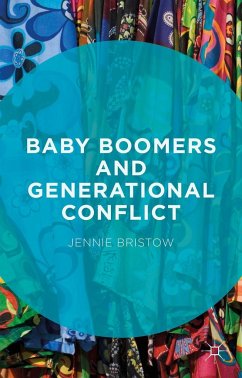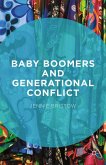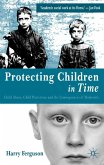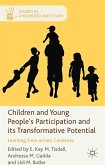The dominant cultural script is that the Baby Boomers have 'had it all', thereby depriving younger generations of the opportunity to create a life for themselves. Bristow provides a critical account of this discourse by locating the problematisation of the Baby Boomers within a wider ambivalence about the legacy of the Sixties.
"Like the fabled blind men trying to grasp the nature of an elephant, commentators on both sides of the Atlantic have struggled to understand the significance of the baby boomers, at different times offering very different, sometimes contradictory interpretations. By telling this fascinating story, Jennie Bristow offers a model for a symbolic demography that critically explores how and why we assign meanings to generations." -Joel Best, University of Delaware, USA
"Scan the cultural and political landscape today and it's hard not to conclude that Western society is experiencing a pronounced blurring of generational standards. The current furore over the 'Baby Boomer generation' only adds to this perception. Jennie Bristow's new book brings much needed clarity to all this generational confusion, and does so with no small amount of insight and flair. Required reading for social scientists looking for a considered introduction to 'generationalism', or anyone heading forretirement who wants to avoid a future of nonsensical stigmatisation." Professor Keith Hayward, University of Kent, UK.
"Scan the cultural and political landscape today and it's hard not to conclude that Western society is experiencing a pronounced blurring of generational standards. The current furore over the 'Baby Boomer generation' only adds to this perception. Jennie Bristow's new book brings much needed clarity to all this generational confusion, and does so with no small amount of insight and flair. Required reading for social scientists looking for a considered introduction to 'generationalism', or anyone heading forretirement who wants to avoid a future of nonsensical stigmatisation." Professor Keith Hayward, University of Kent, UK.








